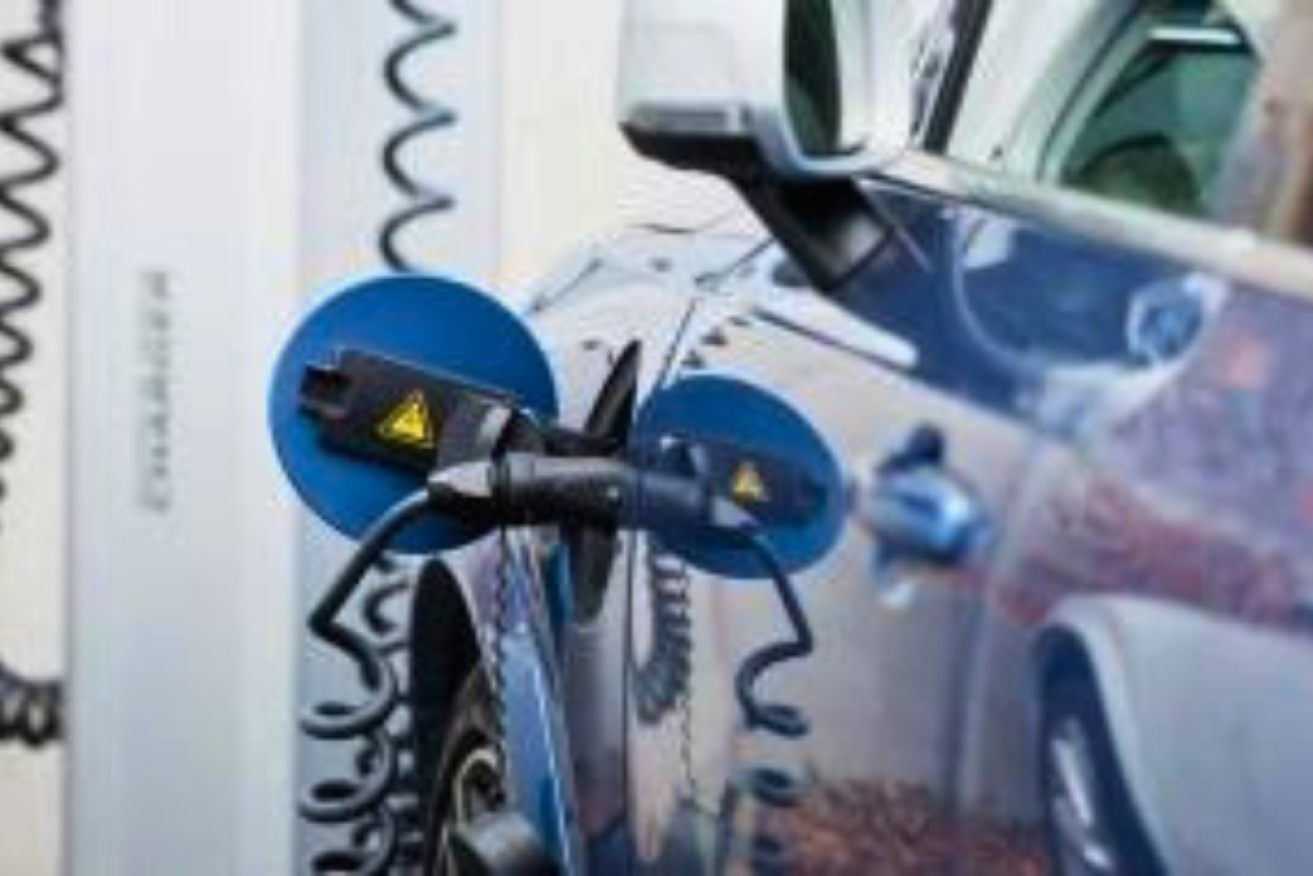Victoria’s EV tax outlawed, but we’re on the road to new charges


Victoria's controverisal EV tax has been ruled unconstitutional, but that won't stop the push for national vehicle tax reform. Photo: Getty
The High Court on Wednesday threw out a Victorian law that taxed electric vehicle motorists according to the amount they drive.
However, experts said the decision would lead to renewed debate about who should pay for road maintenance, pollution from vehicles and congestion.
The Electric Vehicle Council wants a national road user charging system, with chief Behyad Jafari saying a new regime should cover all motorists and account for emissions.
Jafari said co-ordination between state, territory and federal governments was needed to ensure the tax regime captures the true costs of road use – including pollution – for all types of vehicles.
“Given the early stages of the EV transition this [Victorian] tax was premature,” he said.
“The shift from our current system of fuel excise to a future system provides an opportunity to have a really smart road funding model.”
Grattan Institute transport program director Marion Terrill said the states still need to play a big role in taxing EVs, noting the Commonwealth may suffer its own constitutional issues if it attempts to levy a road user charge that more accurately captures the costs of driving.
She also said the High Court decision was unlikely to affect the uptake of EVs one way or another because the transition away from petrol vehicles is already well under way.
“It’s not the end of the road here,” Terrill said, of the push to introduce road user taxation.
“The direction of change should be that states impose these charges rather than the feds.”
EV ruling unpacked
Wednesday’s High Court ruling kills a Victorian plan for an EV tax on zero- and low-emission vehicles of 2.8 cents for each kilometre they travelled on roads in the state – a policy called a road user charge.
The move was intended to ensure EV drivers didn’t escape taxation merely because they don’t purchase petrol, which is taxed heavily under the auspices of funding the maintenance of roads.
But Victorian drivers Chris Vanderstock and Kath Davies argued the law was unconstitutional because state governments don’t have the authority to impose such an excise on motorists.
The majority of the High Court agreed, but Terrill said their reasoning had more to do with the specifics of the plan itself than the ability of states to levy road user charges more generally.

Australia’s Automobile Association wants uniform national taxes for electric vehicles. Photo: PA
In other words, the door is still open for states that intend to levy such taxes – including Western Australia and New South Wales from 2027 – as long as they don’t replicate that exact model.
“[The decision] does prohibit doing it just like [Victoria], but it’s not making any comment about road user charging more generally,” Terrill said.
Next stage for road user charges
As governments try to work out who should pay for the costs of driving, including road repairs, congestion and pollution, industry and experts are calling for renewed debate on road user taxes.
It’s a pressing issue as the EV transition is reducing the effectiveness of the current petrol-based excise scheme that charges motorists a flat rate for their consumption of fuel.
Some groups still oppose taxing EVs at all, with the Victorian Greens Upper House MP Katherine Copsey welcoming the High Court decision on Wednesday.
“Now is not the time to be taxing electric vehicles,” she said.
“It’s the time to be doing everything we can to encourage people to make the switch to cleaner cars.”
But many economists support road user charging more generally, because unlike petrol excise it can be calibrated to more accurately target the public and environmental costs of driving.
For example; a motorist adding to congestion in a populated urban area is responsible for a larger economic cost than someone cruising on an empty suburban road or a rural dirt track.
But drivers all pay the same tax when they fill up at the petrol pump.
“The way of the future is going to be these charges which are much more finely targeted,” Terrill said.
Jafari said a “smarter” system should also capture the environmental costs of petrol cars, which could see EV drivers pay less tax because their driving has a smaller negative effect than others.
National approach needed
He stressed such a system should be nationally co-ordinated so that the rules are consistent.
“We don’t want eight separate state and territory models,” Jafari said.
Griffith University lecturer Dr Anna Mortimore said that if Australia does impose a road user charge, it should level the playing field for both EVs and traditional vehicles by including a carbon levy based on emissions.
“This levy will raise revenue for the National Climate Disaster Fund, and fund the damage caused by climate change from rising [carbon dioxide] emissions,” she said.
Terrill said that state governments must play a leading role in developing road user charging because the constitution bars the Commonwealth from levying varied taxes on different areas.
In other words, it may not be legal for a national road user scheme to tax drivers in NSW differently to road users in WA, even if the costs of their activities are different.








